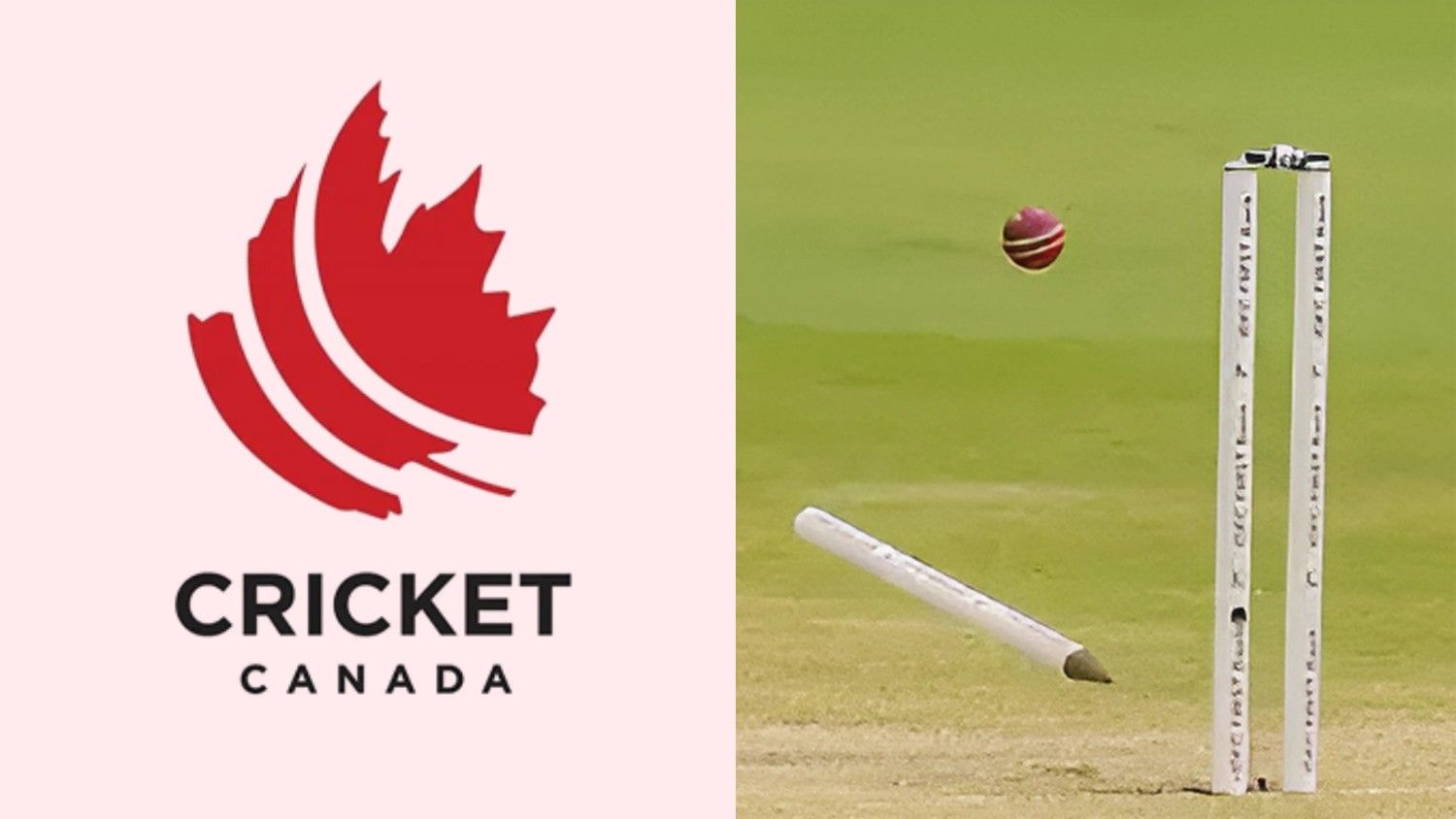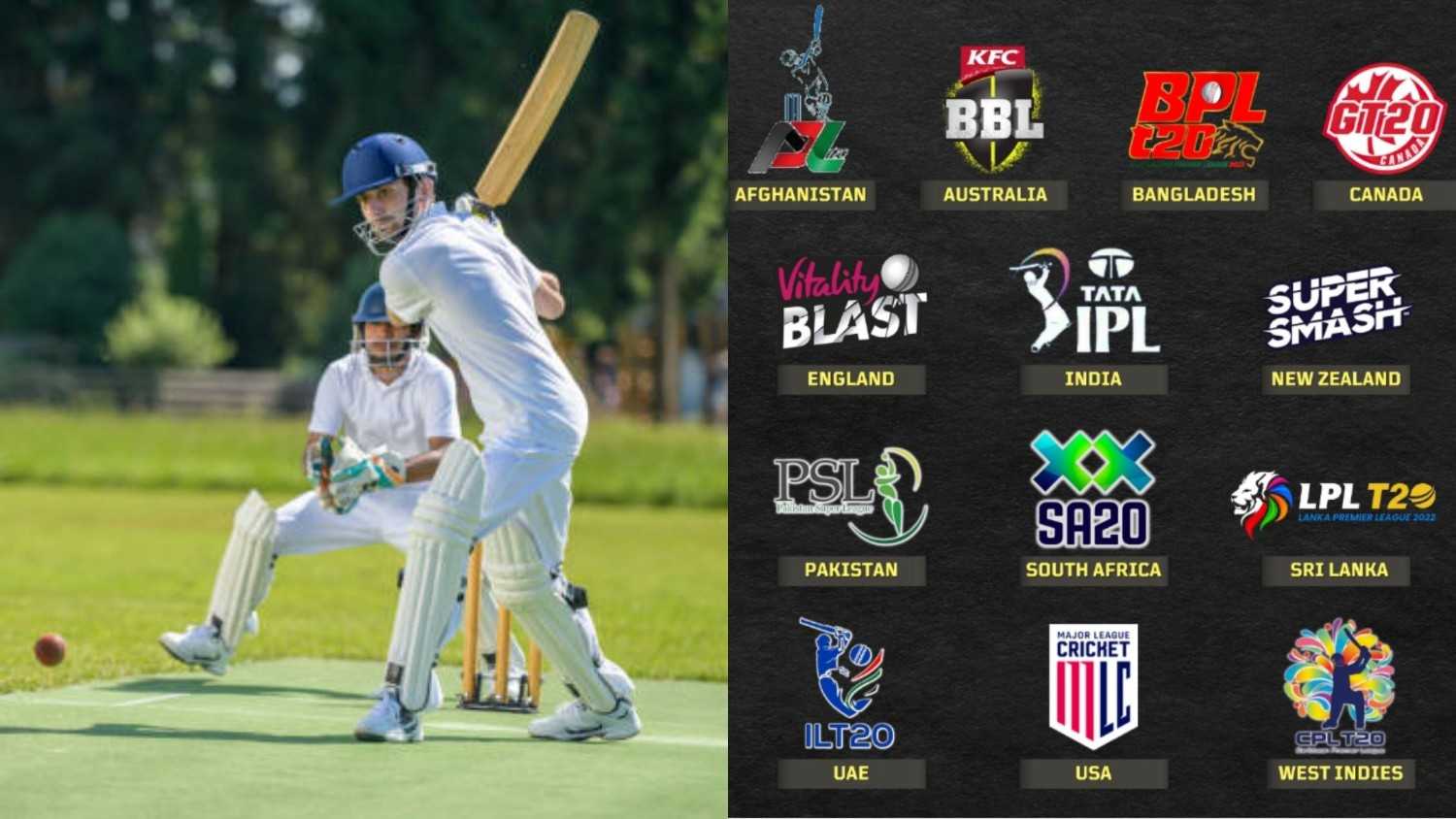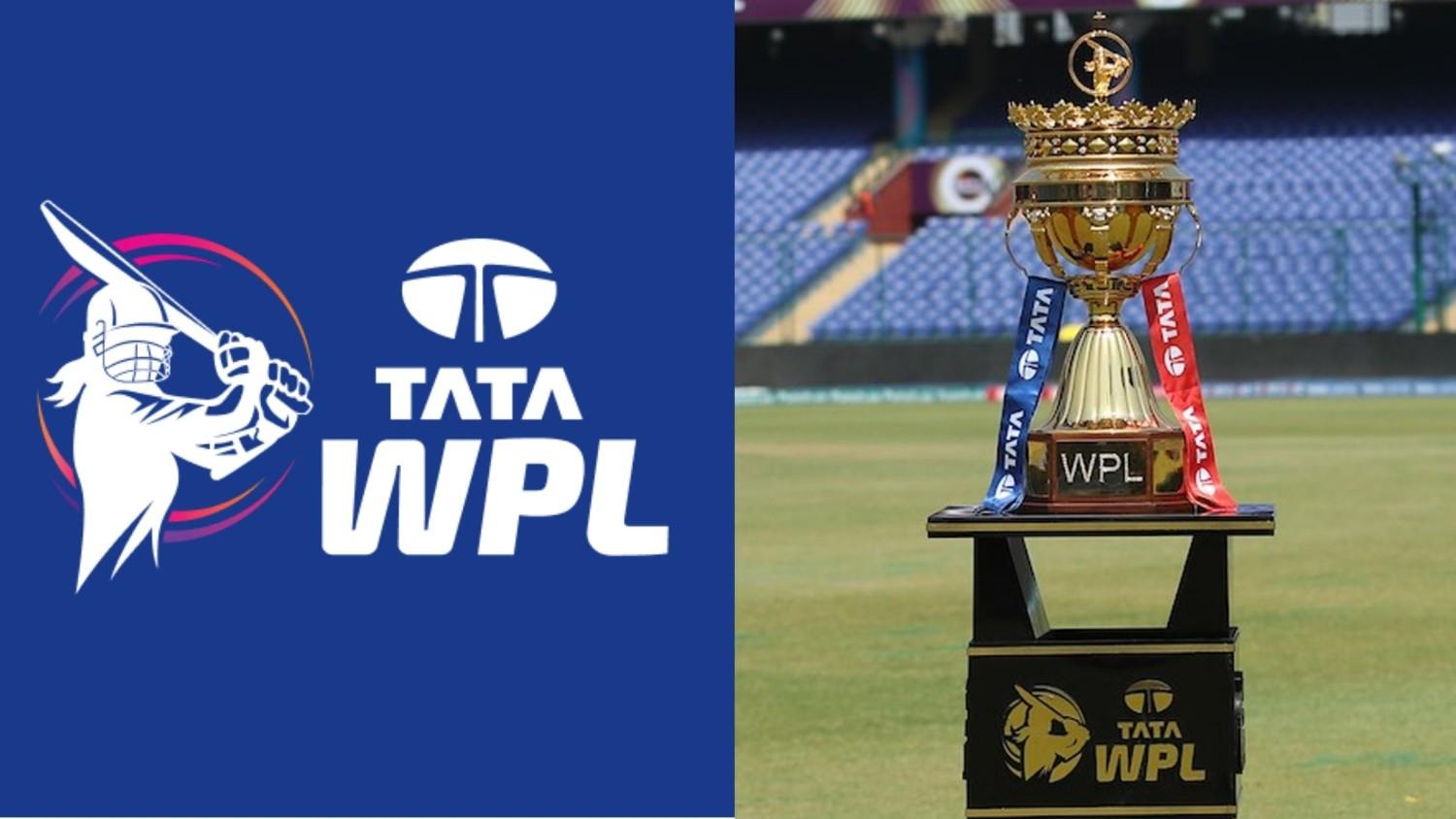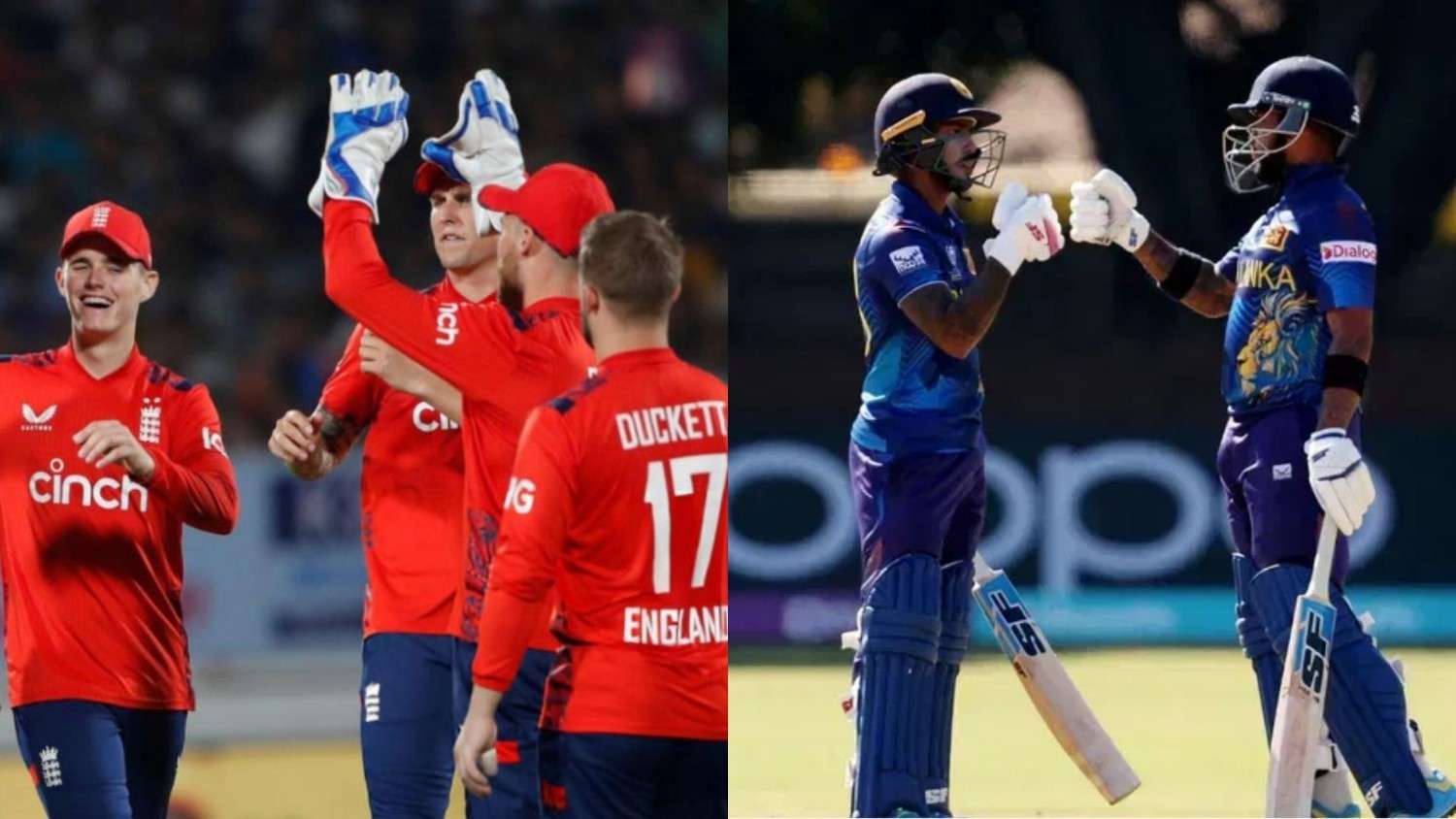Cricket Canada is facing increased scrutiny after the International Cricket Council (ICC) initiated a formal review of its governance practices. The spotlight is currently on the appointment of Salman Khan as CEO, which has raised concerns over transparency, decision-making processes, and the handling of commercial agreements.
This development has unsettled supporters and former players, many of whom believe that the board’s priorities may not be aligned with the long-term growth of cricket in Canada.
The ICC’s Demand for Answers
On May 2, 2025, the ICC sent a strongly worded letter to Cricket Canada demanding explanations about how Salman Khan was promoted to Chief Executive Officer in January, just weeks before Calgary Police charged him with theft and fraud.
The charges, filed on March 12, allege that Khan and former Calgary & District Cricket League treasurer Syed Wajahat Ali stole approximately CAD 200,000 between 2014 and 2016.
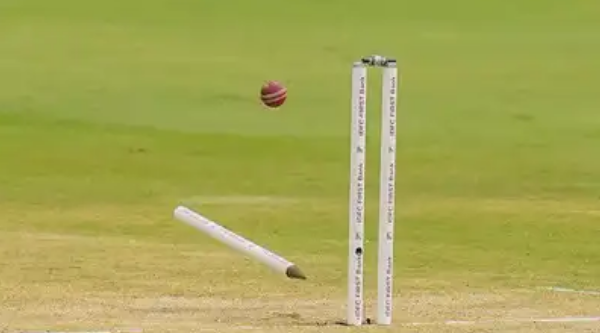
The ICC’s correspondence requests a comprehensive account of Khan’s recruitment process, asking specifically whether board directors were informed about the ongoing investigation before his appointment. The governing body also wants details about what due diligence was conducted and what remedial actions have been taken since the charges became public.
Khan, for his part, has denied any wrongdoing, describing reports of his arrest as “completely false.” However, several provincial administrators have told sources that news of the Calgary case had been circulating in local cricket circles well before charges were officially filed, raising questions about what Cricket Canada’s leadership knew and when they knew it.
Unusual Contract Terms and Governance Concerns
The circumstances surrounding Khan’s appointment have raised eyebrows within the cricket community. Originally elected as a Board Director in June 2023, Khan resigned from his honorary two-year term early to accept the salaried CEO position. Some observers speculate this move was strategic, as Cricket Canada’s bylaws require directors charged with crimes to step down.
What’s particularly concerning is the nature of Khan’s employment contract. According to sources, Board Chair Amjad Bajwa and Director Imran Rana negotiated the deal without sharing full details with other board members. The resulting five-year contract notably lacks an at-will termination clause – an unusually protective arrangement that could leave Cricket Canada liable for the full payout if they attempt to remove Khan before the contract expires.
This lack of transparency extends to the board’s broader decision-making processes. Three directors reported that major commercial decisions were being made without proper consultation or circulation of complete documentation to the full board.
Controversial Commercial Partnerships
The governance issues at Cricket Canada aren’t limited to personnel matters. Shortly after Khan’s appointment, the organization made significant changes to its commercial partnerships that have drawn scrutiny from the ICC.
In December 2024, Cricket Canada terminated its 25-year relationship with Bombay Sports, owners of the GT20 franchise. The board then announced a new long-term agreement with National Cricket League (NCL) Canada to operate the GT20 brand. This decision is particularly puzzling given that the ICC had banned NCL from receiving sanction for future events in December 2024 due to repeated rule violations.
Even more troubling, directors claim this new contract with NCL was approved without circulating the full terms to the wider board. Additionally, an alternative proposal from UAE-based ILT20 – an ICC-sanctioned league – was reportedly never even presented to the board for consideration.
These commercial decisions, made so soon after Khan’s appointment and apparently without proper board oversight, have only intensified the ICC’s concerns about governance standards at Cricket Canada.
The Path Forward
Cricket Canada announced in April that it was launching an internal investigation into the allegations against Khan, but has yet to provide any public updates on its findings. The organization now has just 14 days to respond to the ICC’s four key questions about the recruitment process, director notification, investigation timeline, and governance actions taken.
The stakes are high. Associate members of the ICC can face serious consequences for failing to meet governance standards, including funding freezes or, in extreme cases, administrative intervention. The thoroughness of Cricket Canada’s response will determine whether this matter concludes with clarification or escalates to disciplinary action.
Suggested Reads:
Conclusion: A Critical Phase for Cricket Canada’s Leadership
The ongoing situation underscores how essential strong governance and accountability are in sports administration. With questions surrounding the CEO appointment, financial clarity, and board decision-making, Cricket Canada now stands at a defining moment. The ICC’s review could influence not just its immediate operations, but also shape future standards for other associate cricket boards.
Fans, players, and stakeholders will expect visible changes that restore confidence. The next few weeks will reveal whether Cricket Canada can address these concerns and refocus its efforts on developing the game responsibly and transparently.
